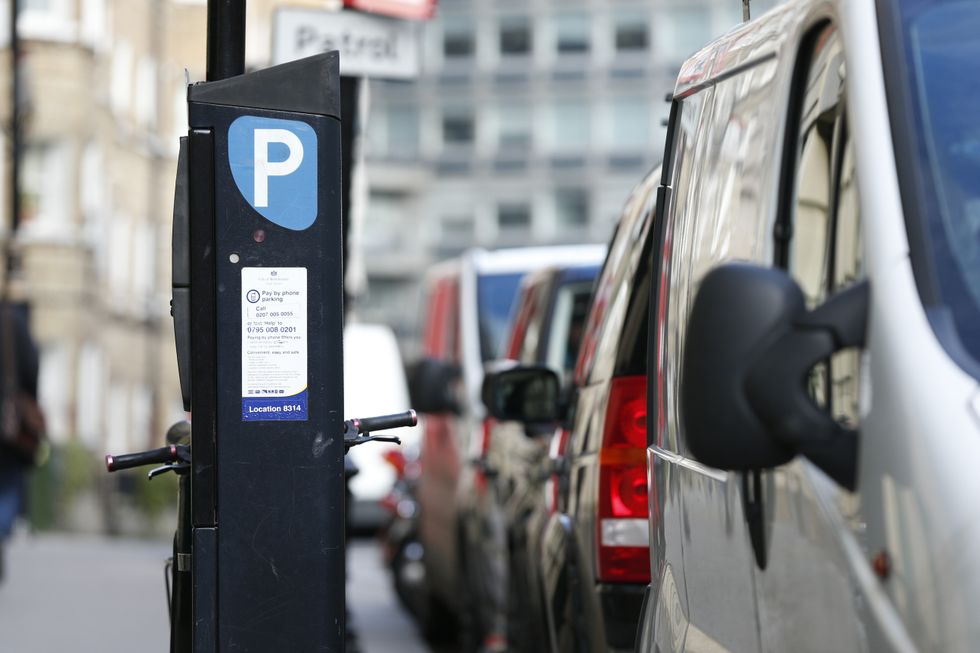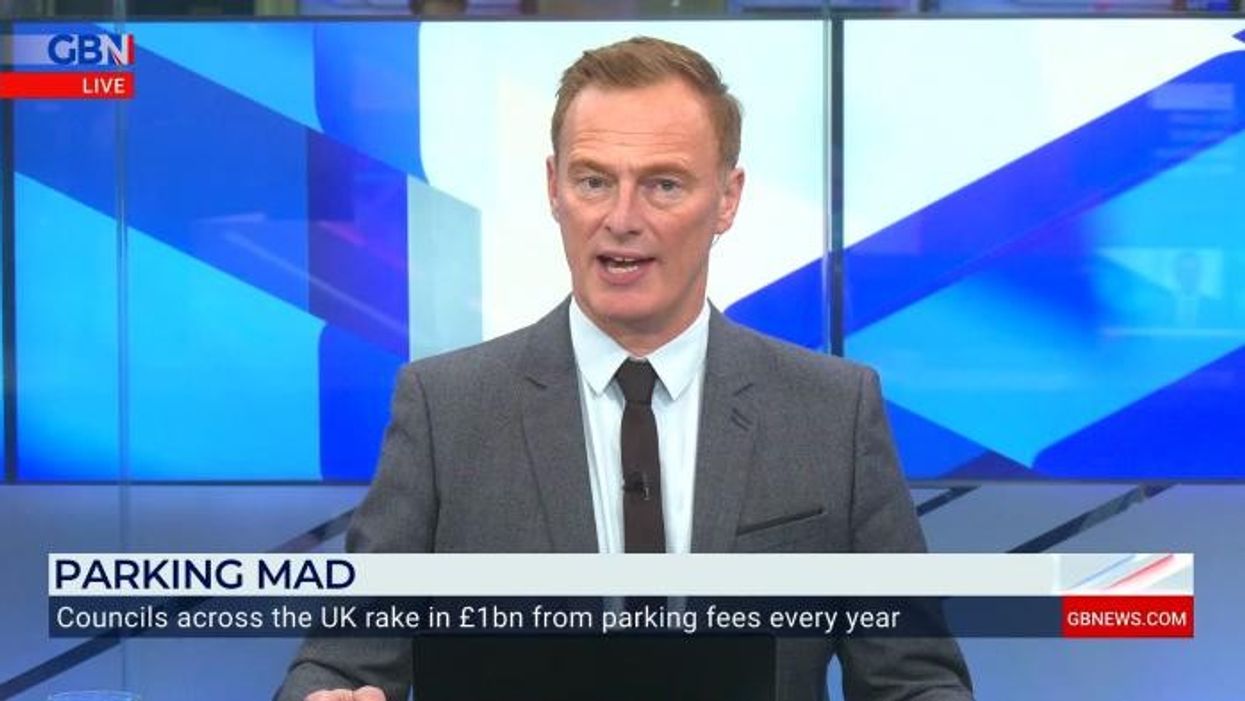Scams involving fake QR codes, websites and parking ticket emails were flagged
Don't Miss
Most Read
Trending on GB News
Drivers are being warned about fraudulent parking scams as the number of cases reached unprecedented heights last year.
Parking scams involving fake QR codes, apps and false websites surged last year as drivers across the country became victims to money grabbing plots.
In response to the surge of cases, experts are urging drivers to only download parking apps from reputable sources like the Apple App Store or the Google Play Store.
These stores perform security checks on apps before making them available, which helps reduce the risk of downloading malicious software.
Do you have a story you'd like to share? Get in touch by emailingmotoring@gbnews.uk

Drivers should only download parking apps from legitimate stores
PADrivers should also avoid using third-party sites or responding to direct download links sent out in emails which might expose you to scams or malware.
Andy Syrett, UK managing director at YourParkingSpace, said: "After witnessing the distress caused by parking app scams last year, we want to ensure that we can educate and protect our customers.
“These tips aren’t just recommendations—they are crucial steps every driver should take to ensure their online safety.
“Our commitment to your security is our top priority. We encourage everyone to practice these precautions to protect themselves from the increasingly sophisticated methods of scammers.”
QR codes in public places, like parking areas, can sometimes link to fraudulent websites, Syrett warned.
Offering advice to motorists, he said if they encounter a QR code for parking payment or information, it's safer to avoid scanning it.
Instead, manually enter the website of a known and trusted parking service provider as this could help prevent them from being scammed.
Syrett added: “Keep a close eye on your financial statements and look for any charges you don't recognise, especially small, recurring transactions that might slip under the radar.
"Setting up transaction alerts with your bank can help you monitor activity in real time. Promptly report any unauthorised transactions to your bank to prevent further fraudulent charges.”
In another tip, drivers are being warned of fake emails claiming to be parking tickets. Official Parking Charge Notices are not typically sent via email and are usually posted out to the address associated with the licence plate.
Last month, Milton Keynes Council issued a warning about parking scams after numerous reports of people being charged came to light.
Fake QR stickers were placed on several parking payment machines across the centre of the city, which diverted drivers to use this as the payment method instead.
LATEST DEVELOPMENTS:
- Tesla announces major car recall of Cybertruck electric vehicles over fears the accelerator could get stuck
- Scotland pledges to install 24,000 electric vehicle chargers despite major net zero U-turn by the SNP
- Drivers urged to 'carefully check the small print' when on the road or risk £10,000 insurance charge

Fake QR stickers were placed on several parking payment machines
GETTYParking machine operators, RingGo, which has several parking points in the Milton Keynes area, said it has been made aware of fraudsters placing fake QR codes on parking signage.
The company explained that recent scams have involved fake QR codes on pay-and-display machines that lead users to fraudulent websites to steal their details.









